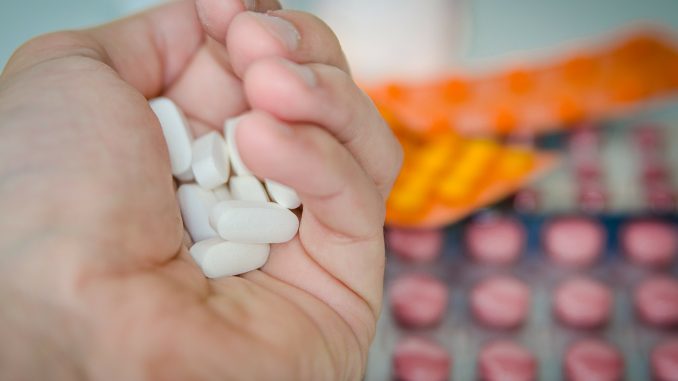
In order to “protect public health”, the Medicines and Healthcare products Regulatory Agency (MHRA) has announced that it will be making changes to the licensing of the drug valproate. The drug, which is used to treat epilepsy, will no longer be prescribed to women or girls of childbearing age unless they sign forms to say that they fully understand the risks.
If valproate is taken in pregnancy, it can harm the development or health of the baby. It’s estimated that up to one in four babies are at risk of developmental disorders in the women takes the drug in pregnancy. The risk of birth defects is one in ten. Since the 1970’s, around 20,000 children in the UK are living with disabilities because their mothers took valproate during their pregnancies.
The MHRA says that the new measures are being introduced to help protect children in the future. As part of the new licensing rules, doctors prescribing the drug will also need to ensure that female patients are on a Pregnancy Prevention Program, which means:
- The patient will be required to visit the doctor every year to talk about the risks the drug could pose to an unborn baby,
- She will also be given information about the importance of using contraception while using the treatment, as well as taking a pregnancy test if she could be pregnant
- The patient will be required to sign an acknowledgment form on an annual basis
In a addition to this, a new warning label will be introduced to packets of the drug, and it will be distributed in smaller packs going forward to encourage patients to visit their doctor more often. However, the agency have warned that those patients who are already taking the drug shouldn’t stop taking it without medical advice. Instead, they should visit their doctor to have their treatment reviewed.
Dr June Raine, from the MHRA, said: “Patient safety is our highest priority. We are committed to making sure women and girls are aware of the very real risks of taking valproate during pregnancy. However, we also know it is vitally important women don’t stop taking valproate without first discussing it with their doctor. I would like to particularly thank the families involved in the Valproate Stakeholder Network who have shared their experiences and expertise with us. Their support will help keep future generations of children safe.”
Those women who have already been affected by the effects of taking the drug during pregnancy have now called for an enquiry, as well as compensation for the lack of information given to them. According to campaign groups and charities, one in five women who took valproate during pregnancy were unaware to the risks to their baby. One in four say they weren’t given any information about the developmental or health risks it could cause.
The changes to the regulations have been supported by the European medicines regulator, who say they would support a similar ban. They’ve also been welcomed by campaigners, who say they’re pleased that the regulators have listened to their concerns and taken action accordingly.
Simon Wigglesworth, deputy chief executive of Epilepsy Action, said: “We know there are still far too many women who haven’t been made aware of the potential risks of taking sodium valproate in pregnancy. It is vitally important that healthcare professionals ensure that all women with epilepsy taking sodium valproate are reviewed in line with the new guidelines.”
Emma Murphy from the Independent Fetal Anti Convulsant Trust (In-FACT) added: “Today’s change in regulation should be seen as Government’s admittance that regulations with Valproate have not been strong enough and were not ever strong enough over the last 45 years, despite them knowing of the risks since they first licensed it. This should be a leading argument through our legal representative Michael Mansfield QC in In-FACTs ongoing fight for compensation for all those affected by Valproate in the UK.”


Leave a Reply